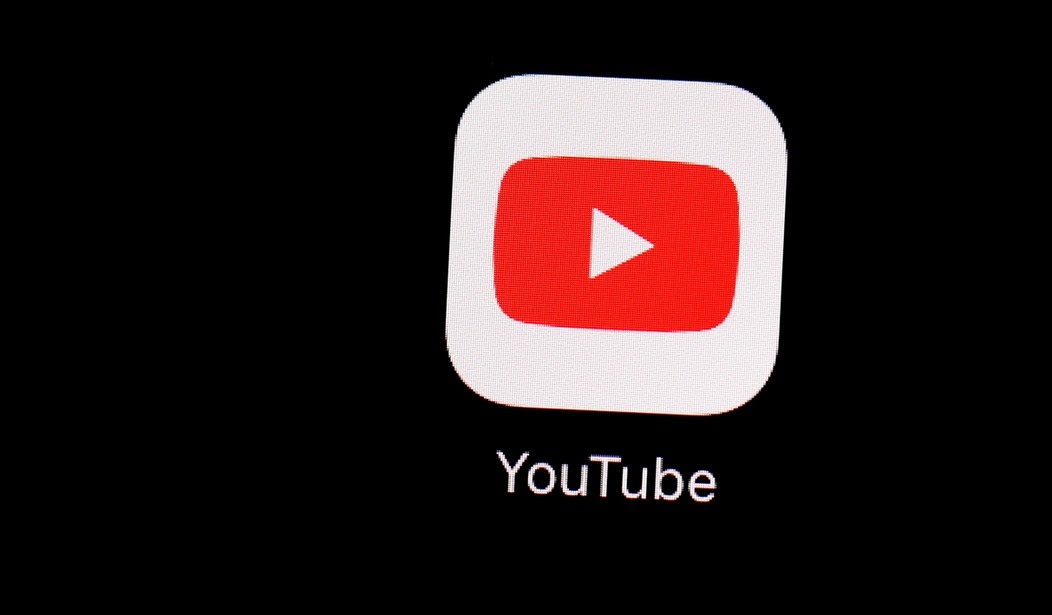The social media giant YouTube will begin banning content it deems “anti-vaccine,” claiming that sowing skepticism about the coronavirus vaccine has led to reduced vaccination rates across the country.
“Misinformation researchers” have claimed for years that vaccine skepticism on YouTube was leading to reduced vaccination rates not only for COVID-19 vaccines but for childhood disease vaccines as well. But YouTube has resisted targeting anti-vax skeptics, saying that maintaining a relatively open platform was a free speech issue.
But the social media company has come under increasing threat from government regulators who want YouTube and other social media sites to spout only government-approved ideas about vaccines. The YouTube ban could easily include bans on content that discusses side effects or vaccine efficacy.
Any subjective interpretation of “anti-vaccine skepticism” has to be placed in the larger context of having a robust debate about the efficacy and safety of vaccines.
The immediate effects of the YouTube ban include taking down channels belonging to vaccine skeptics Robert F. Kennedy, who heads a vaccine skeptic organization, and Joseph Mercola, an alternative medicine entrepreneur. Both advocates claim they are only about exposing government and corporate lies about vaccines.
The anti-vaccine movement goes back to well before the pandemic. False scientific claims that childhood vaccines caused autism made in the late 1990s have contributed to rising numbers of people refusing to let their kids get shots that had been commonplace for decades. As social media took over more of the media landscape, anti-vaccine activists spread their messages on Facebook parenting groups and through YouTube videos.
The anti-vaccine movement now also incorporates groups as diverse as conspiracy theorists who believe former president Donald Trump is still the rightful president, and some wellness influencers who see the vaccines as unnatural substances that will poison human bodies. All of the government-approved coronavirus vaccines have gone through rigorous testing and have been scientifically proved to be highly effective and safe.
The ban is not about proving or disproving whether government-approved vaccines are safe and effective. The ban is about using subjective criteria to silence some voices who disagree with the dominant medical and scientific views on vaccines.
“We’ll remove claims that vaccines are dangerous or cause a lot of health effects, that vaccines cause autism, cancer, infertility or contain microchips,” [Matt] Halprin, [YouTube’s vice president of global trust and safety] said. “At least hundreds” of moderators at YouTube are working specifically on medical misinformation, he added. The policy will be enforced in all of the dozens of languages that YouTube operates in.
The company is also expanding its work to bring more videos from official sources onto the platform, like the National Academy of Medicine and the Cleveland Clinic, said Garth Graham, YouTube’s global head of health care and public health partnerships. The goal is to get videos with scientific information in front of people before they go down the rabbit hole of anti-vaccine content.
One can certainly understand YouTube wanting to ban some of the skeptics for totally off-the-wall claims about microchips being in vaccines. But it should be pointed out that the mRNA COVID vaccines manufactured by Moderna and Pfizer are revolutionary not only in how they prevent disease but in how they’re manufactured. They simply haven’t been in existence long enough for detailed, long-term studies on mRNA vaccines to be completed.
Should people be penalized for raising issues about mRNA vaccines that the FDA has so far resisted studying? Shouldn’t YouTube be erring on the side of caution in allowing vaccine skeptics to at least point this out?
Certainly, the skepticism should be fact-based. But it shouldn’t be up to YouTube to determine what those “facts” might be and who gets to interpret them.










Join the conversation as a VIP Member